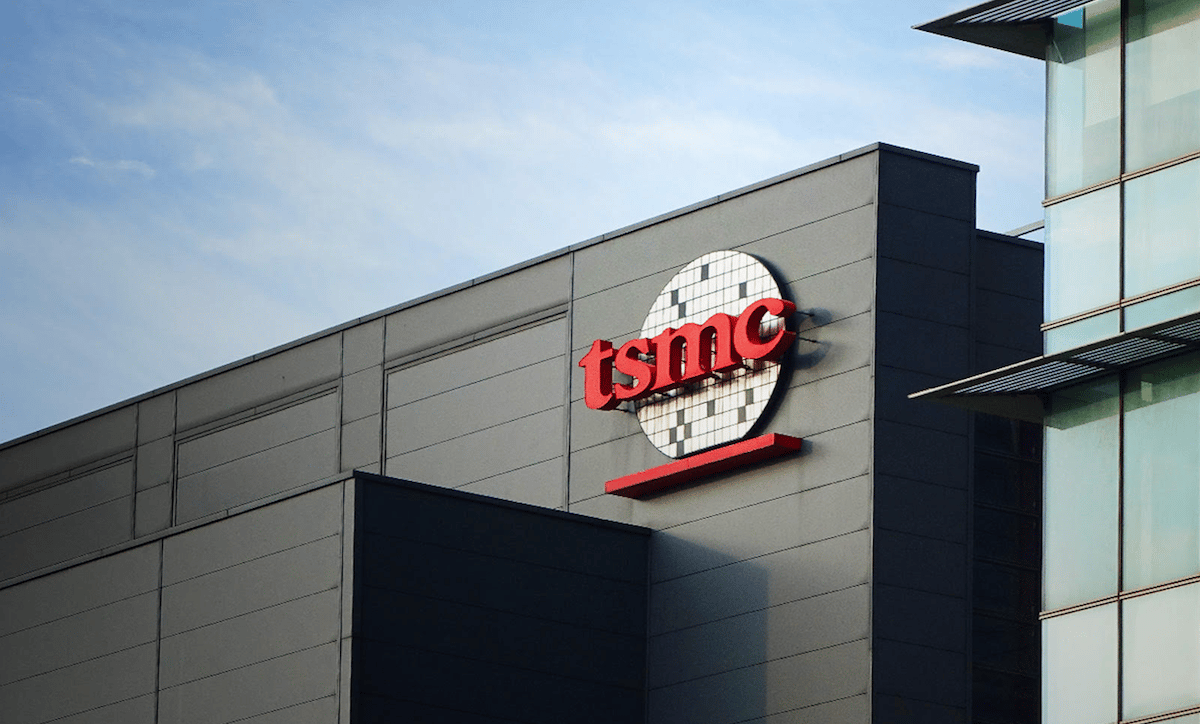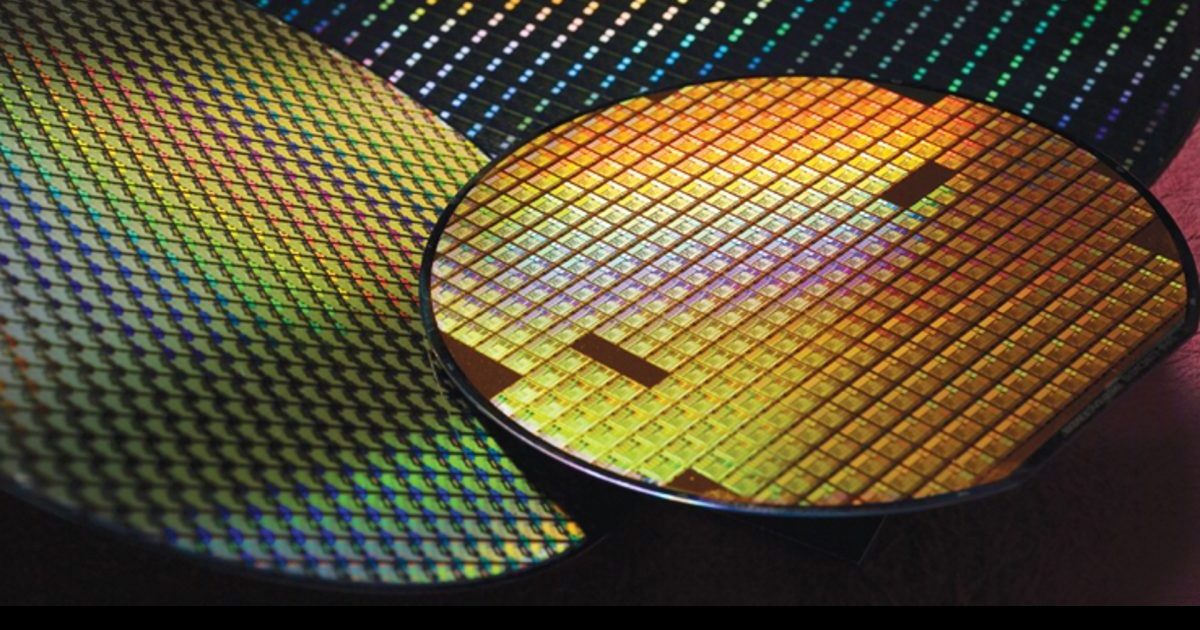Apple’s exclusive semiconductor partner, Taiwanese Semiconductor Manufacturing Company (TSMC) has begun the production of its next-generation chips built on a 3nm process at its Tainan campus in southern Taiwan.
Although TSMC has been expanding its production globally like its plant in Arizona, USA, the manufacturer said that it would keep the production of the most advanced tech in Taiwan. Bloomberg reports that the event accentuates the importance of Taiwan as the “linchpin” of a critical technology for which the governments from Washington to Beijing have been fighting over.

Apple’s next-gen A17 processor for the 2023 iPhone will consume 35% less power
Industry sources claim that the next-generation A17 Bionic chip for iPhone 15 would be built on a 3nm process by TSMC. The report details that chips built on a 3nm process will focus on power efficiency, not processing power, and will require 35% less power.
Chips carrying transistors with smaller line widths are generally more capable and power-efficient. TSMC said its 3nm processes offer better performance than its 5nm chips, while requiring about 35% less power. The 3nm technoloy will help create end products with a market value of $1.5 trillion within five years, said TSMC Chairman Mark Liu.

To differentiate between base and pro models of the latest iPhone 14 series, Apple only offers the advanced A16 Bionic chip in iPhone 14 Pro and Pro Max models. As it is reported that Apple will further widen the gap between iPhone 15 base and pro models, it is likely that the company will only equip the iPhone 15 Pro and Pro Max with the A17 Bionic chip.
It is also possible that Apple might only feature the A17 chip in the iPhone 15 Ultra which is expected to replace iPhone 15 Pro Max to differentiate between the Pro models. Reports claim that Apple’s M2 Pro and M3 chips will be based on TSMC’s 3nm process.
Read More: